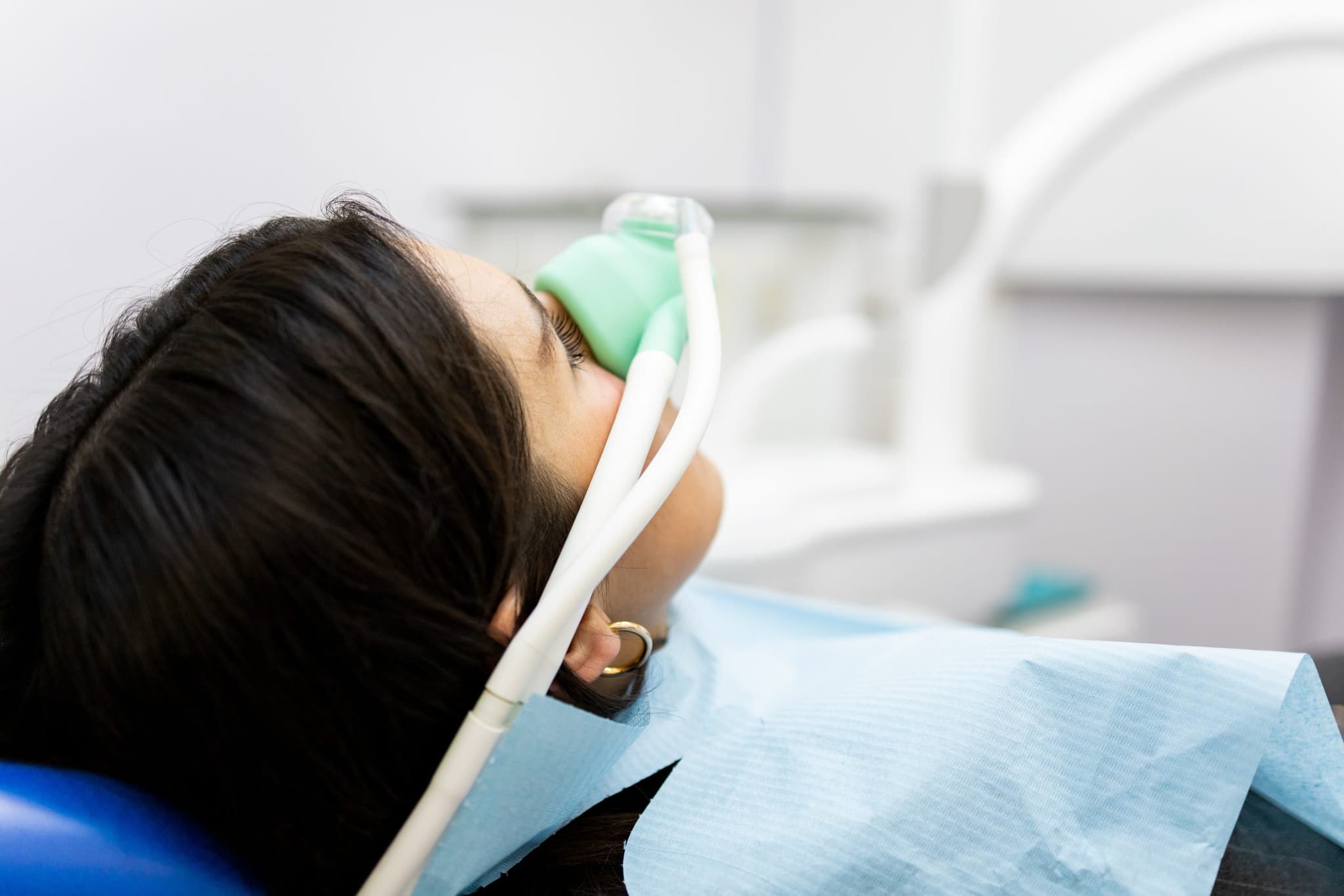Menopause can be uncomfortable. Many of the symptoms last for several years, and can influence both physical and emotional changes in the female body.
The good news? Women with noticeable menopause symptoms have a large variety of treatment options to choose from. These can include prescription and over-the-counter medications and even simple home remedies. Some women may also find relief with alternative treatment, although few alternative methods have scientific evidence to prove their claims. Here’s a look at some of the treatment options you have available, and what you should consider with each.
Medical Treatments
Whether prescribed or over-the-counter, there are medications and supplements you can use to help alleviate certain symptoms of menopause. These include:
- Vaginal estrogen: This is a therapeutic cream used to relieve vaginal dryness. The cream is administered directly to the vagina and releases tiny amounts of estrogen. It can also help with certain urinary issues and discomfort during intercourse.
- Hormone therapy: Also called estrogen therapy or hormone replacement therapy (HRT), this is the best treatment for hot flashes caused by menopause. Women who have had a hysterectomy can take estrogen on it’s own, and those who still have a uterus will need to add progestin to their treatment plan. There is some debate in the medical community about the health risks of HRT, and you should always speak to your doctor about these risks if you’re considering treatment.
- Antidepressants: In low doses, certain antidepressants can help reduce hot flashes—these are great as an alternative to HRT treatment for some women. They’re also useful for postpartum depression and other mood disorders.
- Osteoporosis medications: These medications are used based on individual cases, and will be prescribed by your doctor if necessary.
- Gabapentin: Also called Neurontin, this is a drug that is normally used to treat seizures, but can also be helpful with hot flashes and migraines.
Home and Lifestyle Remedies
- There are several tactics you can use to help reduce or completely prevent common menopause symptoms:
- Be prepared for hot flashes: Hot flashes can occur unexpectedly; dress in layers you can remove if needed, and have cold water nearby. If you need to go to a colder location, do it. Also avoid things that trigger hot flashes—spicy foods, alcohol, stress or even hot weather might be triggers. Once you know yours, you can take steps to avoid them.
- Get enough sleep: Proper amounts of sleep can help reduce hot flashes and other symptoms. Getting exercise may also help, plus it will help you stay tired enough to sleep.
- Relax: Many forms of relaxation, from breathing exercises to massage or meditation, can help reduce symptoms.
- Ease vaginal discomfort: Besides vaginal estrogen, there are several products that can help decrease vaginal discomfort—water-based lubricants that don’t contain any glycerin (can cause burning in some women) are good options. Remaining sexually active can also help with vaginal discomfort by promoting blood flow to the vagina.
- Eat a healthy diet: A balanced diet including lots of fruits, vegetables and whole grains can go a long way, as can reducing bad fats, oils and sweets. Some women may require calcium or vitamin supplements to meet their daily requirements.
- Quit smoking: Smoking can increase hot flashes or even bring on early menopause in some women, it’s also a major health risk for several other conditions.
- Strengthen your pelvic floor: Using certain exercises, called Kegel exercises, can improve urinary incontinence.
Alternative Medicine
Although there isn’t scientific evidence to back up their claims, some people find extra comfort and reduction of symptoms during menopause using a few alternative health methods. Many of these can be done with other forms of treatment, and some are being studied as stand-alone treatments. Always consult with your doctor before starting any alternative treatment methods, as some methods can negatively interact with other forms of treatment. These alternative methods include:
- Acupuncture: This ancient procedure may have a temporary benefit in relieving hot flashes.
- Meditation and Yoga: Some studies show that these types of relaxation and meditation can help many women with hot flashes.
- Bioidentical hormones: These are hormones that are identical to those in your body—this method is not regulated by the Federal Drug Administration. Talk to your doctor about whether it’s right for you.
- Plant estrogens: Also called phytoestrogens, these are bits of estrogen that occur naturally in some foods (soybeans, chickpeas, legumes, flaxseed, whole grains and certain fruits or veggies). They can help with hot flashes, though most studies haven’t found much effectiveness in them.
- Black cohosh: Also known as Remifemin, this is one of a few herbal remedies that some women use for menopause symptoms. Like other forms of alternative medicine, not much evidence shows that remedies are helpful, and black cohosh can hurt the liver.
If you aren’t able to find relief from your menopause symptoms, make an appointment with your doctor. Beware of alternative treatment methods and always share your considerations with your doctor prior to starting any type of treatment. He or she will be able to help you come up with the best treatment plan for you.
Obstetricians/gynecologists at Revere Health OB/GYN provide a full range of healthcare services to women throughout all stages of their lives including; puberty, child-bearing years, menopause.





